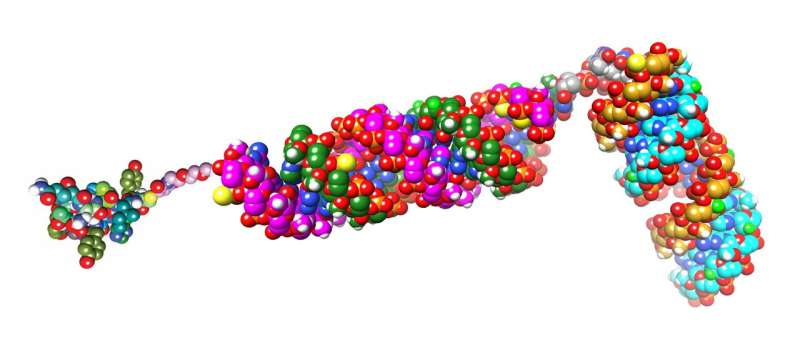The new technology incorporates novel compositions of inverted RNAi molecules that have shown a marked ability to co-silence mutated KRAS and over-expressed MYC. RNA interference (RNAi) is a cellular process that uses small interfering RNAs (siRNAs) to selectively turn off, or silence, mutated genes. The co-silencing resulted in up to a 40-fold improvement in inhibition of cancer cell viability compared to the use of individual siRNAs.
The laboratory findings were published in the Journal of Clinical Investigation on July 31.
“Targeting two cancer-causing genes at the same time is akin to slicing both Achilles heels of cancer, which has tremendous potential,” said Chad V. Pecot, MD, corresponding author of the article, professor of medicine at UNC School of Medicine. “Our inverted molecule establishes proof-of-concept for dual-silencing of KRAS and MYC in cancer and constitutes an innovative molecular strategy for co-targeting not just those two genes, but any two genes of interest, which has broad implications.”

